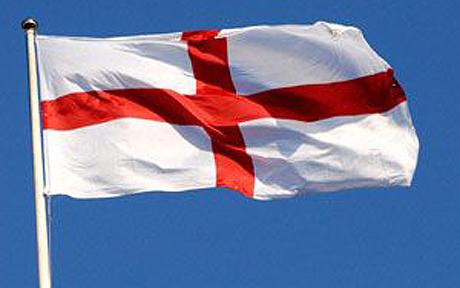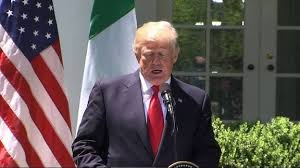
England doctors down tool ahead of election
A week before the general election, which will be largely centred around the state of the publicly financed National Health Service, junior hospital doctors in England embarked on a five-day strike on Thursday.
It comes after around a dozen comparable actions taken over the previous eighteen months by physicians who are not specialists or consultants.
Due to the ongoing doctor strikes and the Covid-19 outbreak, the NHS is currently dealing with a tremendous backlog.
An increasingly irate public is faced with lengthy wait times to see a doctor at their local surgery, in addition to delays in procedures and the initiation of cancer treatment.
An unprecedented proportion of Britons, according to a recent survey, were dissatisfied with the National Health Service (NHS).
In the midst of a crisis related to cost of living, the doctors have been requesting a starting position of 35 percent "pay restoration."
If Conservative Prime Minister Rishi Sunak shows up at the table and makes a genuine promise to raising their salary, they have threatened to call off the action.
The general election is scheduled for this Thursday, and the main opposition Labour party is predicted to win. The strike will last until Tuesday, two days before that date.
Wes Streeting, the health spokesman for Labour, stated that while there is "space for a discussion," a Labour government would not be able to match the 35 percent requirement.
Workers from all sectors of the economy staged walkouts in 2023 due to decades-high inflation, ranging from teachers to train drivers.
Many other pay conflicts have been settled by the government, quasi-public agencies, and private sector companies; but, some, like the junior physicians' issue, are still unresolved.
The demands of the doctors are unaffordable due to tight public budgets, according to Sunak's government.
It has charged that the strike organisers had political motivations.





